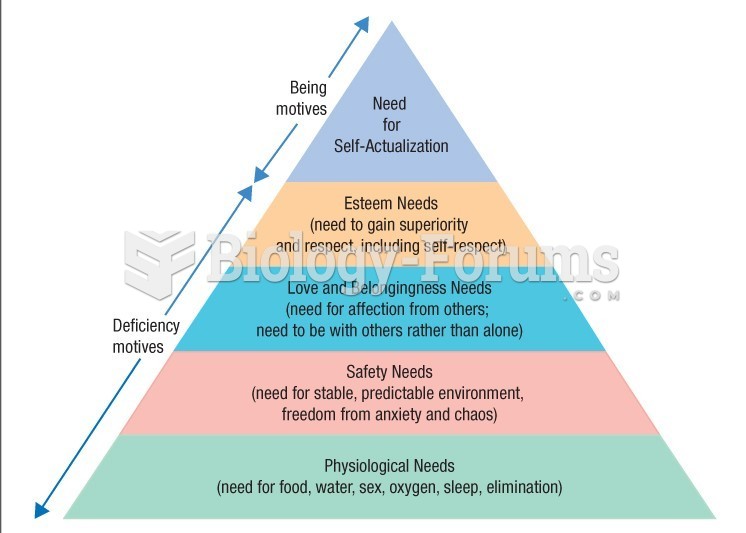|
|
|
Atropine, along with scopolamine and hyoscyamine, is found in the Datura stramonium plant, which gives hallucinogenic effects and is also known as locoweed.
In 1844, Charles Goodyear obtained the first patent for a rubber condom.
Long-term mental and physical effects from substance abuse include: paranoia, psychosis, immune deficiencies, and organ damage.
The Food and Drug Administration has approved Risperdal, an adult antipsychotic drug, for the symptomatic treatment of irritability in children and adolescents with autism. The approval is the first for the use of a drug to treat behaviors associated with autism in children. These behaviors are included under the general heading of irritability and include aggression, deliberate self-injury, and temper tantrums.
Many of the drugs used by neuroscientists are derived from toxic plants and venomous animals (such as snakes, spiders, snails, and puffer fish).
 Senator Joe McCarthy and his aide Roy Cohn (left) listen to testimony at the Army-McCarthy hearings ...
Senator Joe McCarthy and his aide Roy Cohn (left) listen to testimony at the Army-McCarthy hearings ...
 Homer: In the Western classical tradition Homer is the author of the Iliad and the Odyssey, and is ...
Homer: In the Western classical tradition Homer is the author of the Iliad and the Odyssey, and is ...





